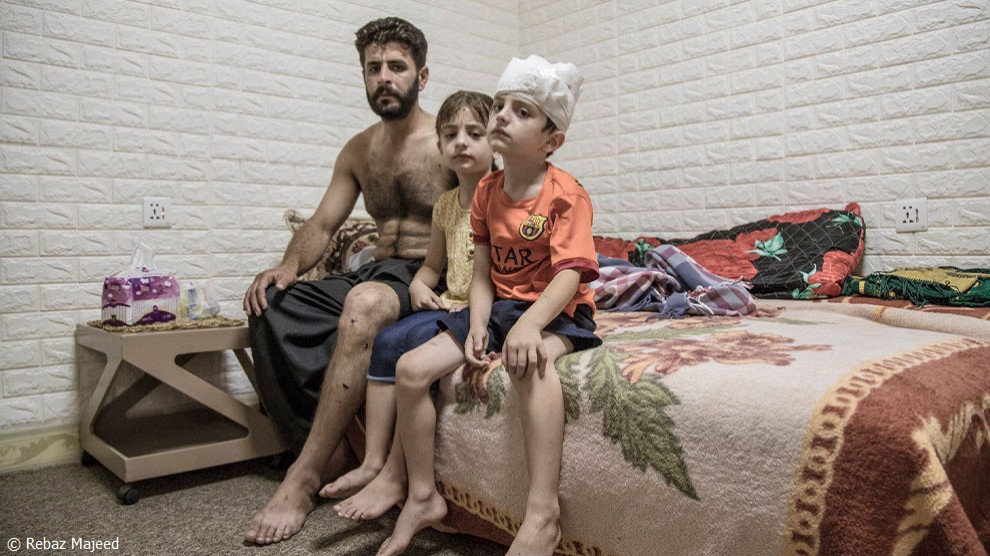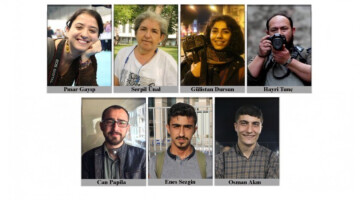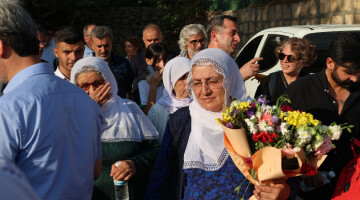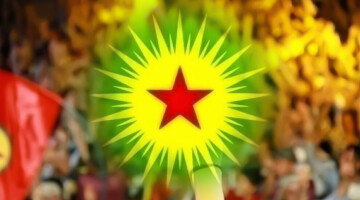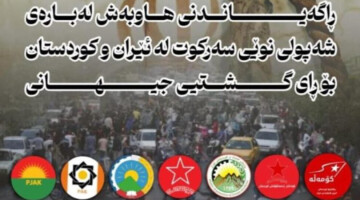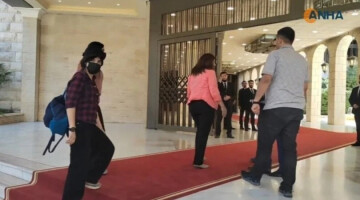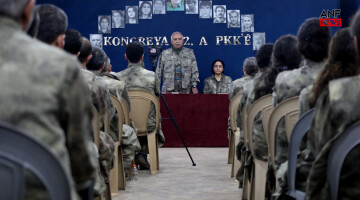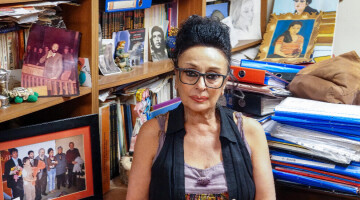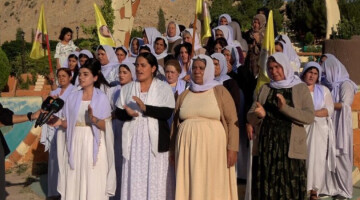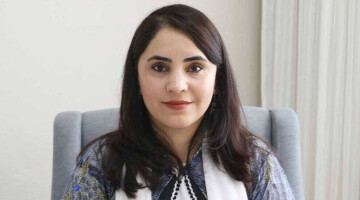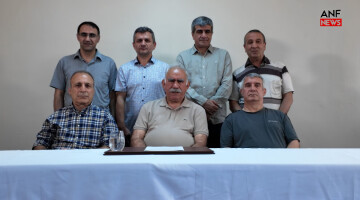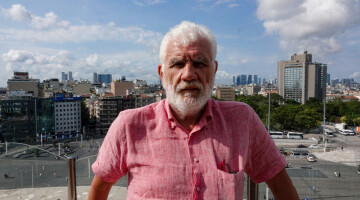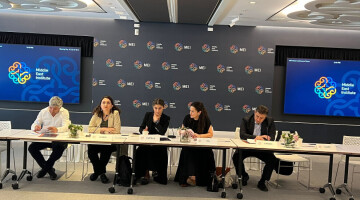The cross-border attacks of the Turkish state, which has been bombing Southern Kurdistan (Bashur) from the air at intervals since 1986, have stimulated an important discussion in the last 15 days. Especially in so-called social networks, a narrative that is constantly repeated by the political power in South Kurdistan is openly rejected. According to this official narrative - mostly expressed by the KDP (Kurdistan Democratic Party) - the main reason for the Turkish air attacks on Bashur is the existence of the PKK. Accordingly, the only way to stop these air attacks would be to end the existence of the PKK in Bashur.
According to this logic, it is not those who turn a blind eye or even cooperate that are to blame for the fact that the Turkish state "walks freely" in Bashur with its army and secret service, but the PKK. It is not the aggressor, but the attacked side that is responsible. That a Kurdish hostile state carries out occupation and air operations outside its borders is legitimate, but the existence of the PKK as a Kurdish resistance movement in Kurdistan is illegitimate. This is the official narrative, this is how it is wanted to be perceived within the population.
But the majority of the population does not think so and does not believe the official statements. The discourse that "The reason for the air raids is the PKK" is responded with "The reason for the existence of the PKK is the air raids". In the last few days, young people from Southern Kurdistan have started hashtag campaigns on Twitter, which made it to the worldwide list of trending topics and drew attention to the Turkish air raids on Kurds and Kurdistan. This shows that the lie of the Turkish state - "We don't have a problem with the Kurds, our problem is with PKK" - is not taken at face value within the population of Southern Kurdistan.
Despite all the manipulations of the Turkish state, which pursues a genocidal occupation policy against Kurds, the heads are clear in all four parts of Kurdistan. This clarity even deepens parallel to every new Turkish attack on Bashur.
For this reason, the result from Turkey's perspective is the opposite. For a while it assumed that attacks on civilians would channel the anger of the population against the PKK, while the anger of the people in Bashur, especially the youth, is increasingly directed at Turkey itself. At the moment this anger is prevented from spreading in the streets. After the massacre in Sheladize, the population there wanted to march to the Turkish military base, but was prevented from doing so by the security forces with violence. Likewise, people who wanted to protest in front of the Turkish consulate in Hewlêr (Erbil) after the air attack on Kunamasi were arrested yet before the action.
In Southern Kurdistan, there is a growing awareness that Turkey is not only concerned about the PKK but that parts of Southern and Western Kurdistan should be occupied according to its national ideology, i.e. the political manifesto after the First World War. This can be seen in the protests against the current attacks. For example, Keywan Kawa, victim of the air raid on Kunamasi, has spoken to the press as follows: "If we civilians are not the target of the Turkish state, why did they attack only after the PJAK guerrillers approached us? Who is the terrorist? Am I a terrorist or are they the ones who turned my life into a tragedy with this air raid?"
The population in Bashur is currently confronted with multiple crises. Civil servants have not been paid for months. The number of coronavirus infections has risen dramatically in the last two months. Borders and airports have been closed. In addition, the Turkish state has launched air attacks and occupation operations.
One measure of the anger of the population is their reflection on the streets. Of course, anger can create change the more it is reflected on the streets. However, it would be unfair to judge the population of Bashur harshly without considering their current difficult situation and distress. In my opinion, the importance of raising awareness among the population against the dirty plans of the Turkish state should not be underestimated either.
On a personal note: Keywan Kawa was slightly injured in the air raid on Kunamasi, but his wife had to have one leg amputated. There is shrapnel in his little son's head, which according to doctors cannot be removed without causing further complications. Keywan Kawa had to go to great lengths to build up his business, which was destroyed in the air raid on Kunamasi, and had to use all his savings. This family must be helped.
Meral Çiçek studied political science, sociology and history at the Goethe University in Frankfurt. During her studies she began working as a correspondent and editor for the only Kurdish daily newspaper in Europe, Yeni Özgür Politika, for which she now writes a weekly column. In 2014, together with other women, she founded the Kurdish Women's Relations Office (REPAK) in Sulaymaniyah, of which she is the chairperson. She is also a member of the editorial board of the quarterly magazine Jineolojî (Science of Women).

